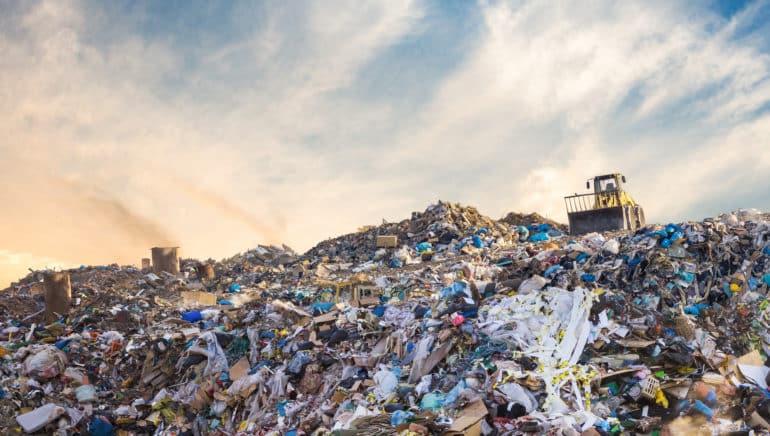Interview with Axel Hein, marine expert at WWF Austria.
Mr. Hein, where does the plastic waste in the oceans come from? Which rivers are the most important sources of plastic pollution?
Hein: Among the most significant causes for the introduction of plastic waste into the oceans are the widespread use of disposable plastic and the lack of structures for collecting and further processing of waste. Significantly less than 50 percent of waste is collected in emerging and developing countries. As a result, the garbage piles up on land especially in Southeast Asia, and is flushed into the sea from rivers (such as Yangtze, Ganges, Irrawaddy, Mekong, etc.).
Why is plastic recycled only to a small extent and how can packaging be made more recyclable?

Axel Hein, WWF; (c) bright light photography
Hein: The reason for this is above all that garbage collection, disposal and recycling often cannot be publicly funded due to lack of funds and private companies do not participate in the financing. A large proportion of people in affected countries can therefore not dispose of their waste properly; they just lack the infrastructure for it.
To stop the global flood of plastics, a global movement is needed that challenges politics and business to become part of the solution. It needs better packaging and less useless plastic. It needs rules for better waste management and effective measures to protect the seas and coasts.
The development of a circular economy is considered important in this context: how realistic is this feasible or can certifications help?
Hein: It must be ensured at the global level that all waste, if it cannot be avoided from the outset, is completely collected and recycled in a circular economy. But a functioning waste management and the development of a circular economy would first have to be built up. This usually fails because of insufficient financing for the necessary investments as well as for running costs.
In many European countries, the consumer goods industry and commerce now have to contribute to the packaging disposal costs. Therefore, in emerging and developing economies, businesses must also take responsibility for the products and packaging placed on the market and contribute to the disposal costs incurred.
How can consumers help reduce plastic waste?
Hein: Consumers can do a lot to reduce their plastic waste:
They can refrain from using disposable plastic products, such as coffee cups, bottles, straws, etc.
- Avoid as much as possible disposable bags and disposable tableware while on holiday in other countries
- Support a circular economy and separate waste properly or
- Participate in cuommunity clean-up actions.
“Bioplastics” – can these contribute to relief or are there risks?
Hein: One possible solution to the problem of marine litter is to improve the recyclability of packaging or to test the use of biodegradable plastics for specific applications (sanitary products, catering utensils). In the spectrum of so-called bioplastics, there are a few materials where biodegradation is possible in relatively short periods of time compared to conventional plastics. This approach is not uncontroversial.
Some fear that this will support the throw-away mentality. Moreover, it is not yet scientifically certain whether these plastics are actually degraded under conditions that prevail in the sea. Following the concept of “Cradle to Cradle”, it can make sense to create two strictly separate cycles: on the one hand from material that remains in the technosphere (recycling) and on the other hand from material that remains in the biosphere (use and subsequent composting and recycling) Decomposition).
The EU Commission plans to ban ten plastic disposable products, which cause 70% of all waste in the sea. How useful is this prohibition, according to the WWF and which steps would be necessary?
Hein: This EU directive is a necessary step that specifically refers to the plastic products most commonly found in the sea. Addressing disposable plastic directly is important, but with the focus on disposable items from the catering industry, the EU is only targeting the tip of the iceberg. Europe-wide, clearer signals must be set for the general avoidance of plastic waste and circular economy. It needs clear guidelines in order to improve the recyclability of food packaging and to increasingly produce from recycled material.
From our point of view, the concrete requirements for disposable bottles are pleasing: 90 percent of them need to be collected and recycled by 2025. The approach to obliging manufacturers of disposable cups made of plastic or filter cigarettes to to be held responsible to dispose of their products is a right step.
Plastic pollution is a global problem that we need to find a global answer to. We need a “Paris Agreement for the Ocean” that stops the pollution of the oceans. The EU member states must support the corresponding process of the UNEA.

